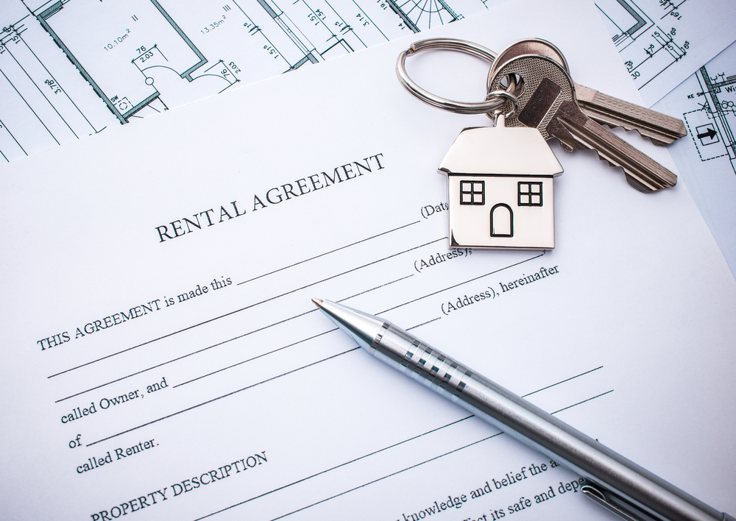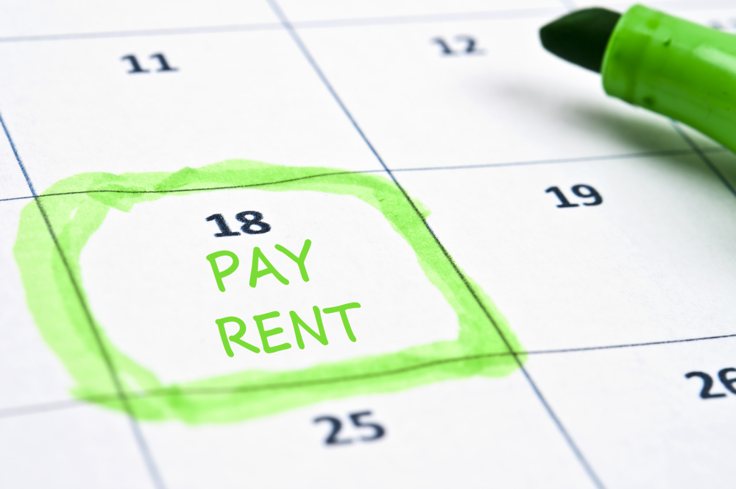
Landlords Share the Truth About the Worst Tenants
Most of the stories of the country’s worst tenants are extreme cases. The majority of tenants are trustworthy, responsible and reliable people who treat rented properties as if they were their own. However, landlords should also be aware that there are all kinds of people out there, including those that hit the headlines as the county’s worst tenants. Likewise, problems with tenants are relatively common. They may not be as shocking as those reports in the media but they can be very stressful. And costly too!
Some of the most common complaints by the landlords include:
Running Late or Not Paying the Rent

Photo credit: FuzzBones/Shutterstock
The main idea of letting the property is to collect the rent and generate an additional income/pay the monthly mortgage payment. The tenant running late or failing to pay the rent is thus the last thing a landlord needs. Everyone can get into financial difficulties due to unexpected costs, unemployment or any other reason but why should the landlord suffer the consequences? In the event the tenant is unable to pay the rent, it is recommended to have an open conversation about the issue with the tenant and try to find some sort of agreement either in the form of partial payment, using the deposit or similar solution that works for both sides. But if the problem persists, it may be a good idea to try to persuade the tenant to leave.
Causing Damage to Property
If it’s of any comfort, most types of damage to the property are not intentional. Also, it’s completely normal for appliances start causing problems and things to show signs of wear and tear if being used on a daily basis. But it’s also true that people tend to be negligent and irresponsible, especially when it comes to other people’s property. To tackle this problem, landlords are recommended to make an inventory and take pictures that include the date and time before letting their property. While this may not always prompt the tenant to take better care of the property and its contents, it will help the landlord claim compensation for the damage.
Getting in Conflict with the Neighbours

Photo credit: Iakov Filimonov/Shutterstock
Whether it’s loud music, hoovering in the middle of the night, leaving trash in the hallway or any other reason, conflict with the neighbours can drag the landlord in between two fires. To avoid the stress of dealing with angry neighbours, it is best to encourage the two sides to try to settle the dispute themselves. Even better is to include a clause in the letting agreement that obliges the tenant to try to settle any conflicts with the neighbours on their own. Again, this doesn’t mean everyone will get along perfectly but it will let the tenant know that they can’t make all the neighbours angry and then expect from their landlord to intervene on their behalf.
Using the Property for Illegal Activities
If the property is being used for illegal activities, for example for production or/and distribution of drugs, the landlord will not be unaffected by the issue even if they don’t have any knowledge of it. In addition to causing a potentially irreparable damage to their landlord’s good name and reputation, the tenant’s illegal activities can also cause a major financial damage. Furthermore, landlords who knew about criminal activities on their property but decided to turn the blind eye risk up to five years imprisonment. To protect themselves and their property from potential illegal activities by their tenants, landlords are highly recommended to take landlord insurance with malicious and criminal damage, and contact the authorities immediately if suspecting that the tenant may be using the property for anything illegal.
Feature image credit: Alexander Raths/Shutterstock


